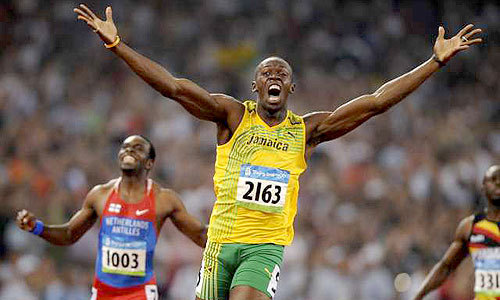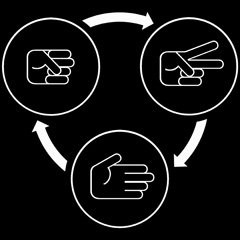Great places to work are like great sports franchises
The nice people over at Glassdoor.com released their 'Top 50 Best Places to Work for 2013' list today, and as usual it is an interesting collection of all kinds of organizations - large and small, high-tech and old-school, and relatively young to long lasting.
The full list can be found here, as well as on the image to the right, (click the thumbnail for a larger view). Click to expand
Click to expand
The important aspect of the Glassdoor 'Best Places' list, unlike any of the other, similar types of lists that are around, is that it is determined not by some kind of expert panel of thought leaders, judges, or academics; but rather it is calculated from the company reviews and ratings about the companies that have been left on the Glassdoor.com site. So these ratings are the closest equivalent to say, the Amazon.com book review or the Yelp restaurant review for the workplace.
But since I like to compare, evaluate, and assess just about everything through the prism of the world of sports - rather than give you a (lame) take something along the lines of 'Facebook is the Best Place to work again, I wonder what lessons you can learn from this', I thought I'd make it fun, (for me at least), and cherry pick a few big names form the list and juxtapose them with the big time sports team they seem the most like.
Why do this?
Why not?
Here goes:
2. McKinsey & Company - Easy, these guys are the New York Yankees. Big name, big reputation, have a kind of mystique about them and have had it for a long time. The name that the rest of the market compares themselves to.
4. Bain & Company - Again, pretty easy. If McKinsey are the Yankees, then Bain are the Boston Red Sox. Also have a big name, have had some success, but will always be looking up at the big dog on top. It is fitting that McKinsey came in a couple of notches above Bain.
11. Careerbuilder - Not as obvious as the McKinsey and Bain comparisons, but I will go with the basketball's San Antonio Spurs. Consistently good, with some legendary performance in the recent past. But also consistently overlooked and sometimes underrated despite their pedigree. Finally they both have a bit of 'I can't believe they are still relevant after all these years' kind of feel to them.
24. Trader Joe's - I will go not with one team with which to compare the eclectic grocer, I will go with an entire league - the National Hockey League (NHL), currently not playing their current season due to a labor/management dispute. Like the NHL in sports, Trader Joe's is kind of a niche player in the grocery business, has a kind of weird appeal, but if it was gone hardly anyone would really miss it. Think about it - does anyone really need a Trader Joe's? Or the NHL?
35. General Mills - Time for a football comparison. Let's go with the Green Bay Packers. Midwestern organization, been around forever, everyone can recognize them by their brand, and kind of hard not to like, even if you don't care about cereal or sports. Feels like they will be a part of the landscape forever.
50. Starbucks - I'll go international on this one and call them Manchester Uniited from English football soccer. They are both ubiquitous, have a global presence and instant brand and name recognition, and both have the most annoying fans/customers that you will ever encounter. Man United fans and Starbucks customers are really similiar - smug, kind of annoying, ('Quad-soy-no whip-light foam-hazelnut-extra shot'), and somehow think being a fan/customer grants them some kind of unearned social status. Disclaimer: I am a Liverpool/Dunkin' Donuts person.
That's it - I need to stop there, but I am sure you have your own ideas. There are 45 more companies on the list that need a sports team equivalent assigned to them, have at it in the comments!
 Culture,
Culture,  sports,
sports,  work tagged
work tagged  8 Man Rotation,
8 Man Rotation,  awards,
awards,  glassdoor,
glassdoor,  work,
work,  workplace
workplace  Email Article
Email Article 
 Print Article
Print Article 




